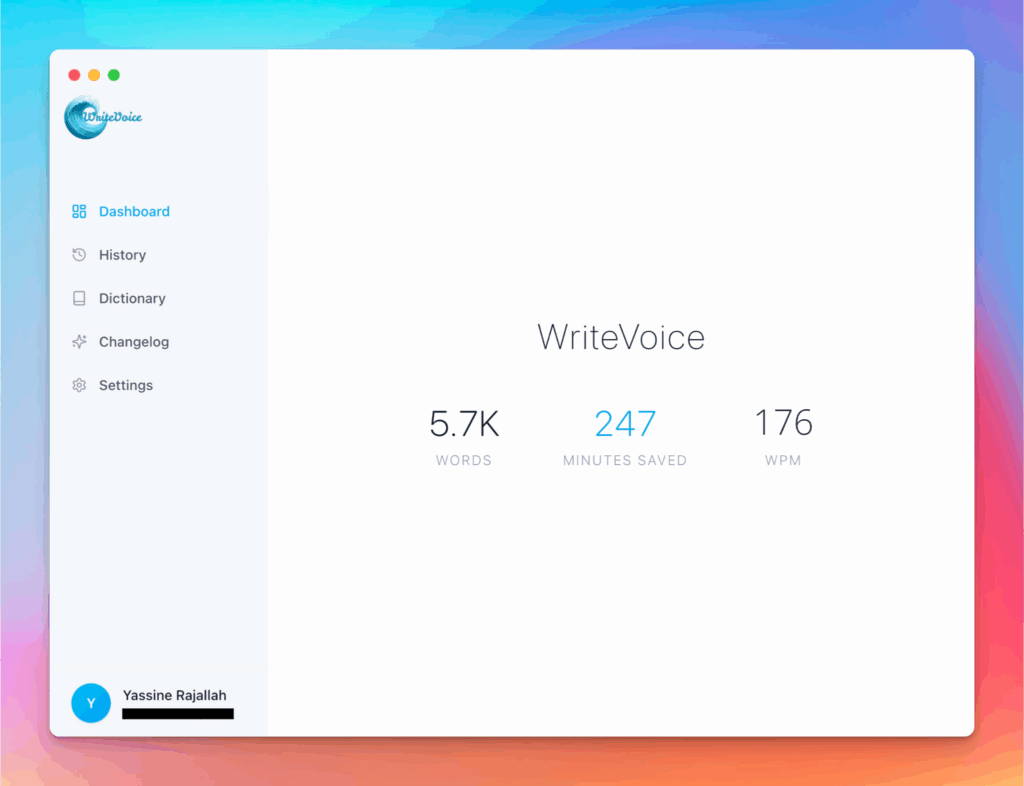How to Calculate Valuation on Shark Tank
Shark Tank valuation determines deal terms. Calculate and understand valuation for successful pitches.
How the How to Calculate Valuation on Shark Tank works
Master quick valuation math, understand counter-offers, and learn how sharks evaluate deals. Prepare for negotiation scenarios.
TV makes it look easy, but valuation is complex. This tool prepares you for real investment negotiations.
How it works
Tutorial
Shark Tank valuation negotiations teach essential fundraising skills: how investors think about risk and ownership, why comparable deals matter, and how to justify your numbers under pressure. When Mark Cuban offers $150,000 for 40% while the entrepreneur wanted only 20%, understanding the math reveals Cuban values the business at $375K while the entrepreneur values it at $750K—a 2x perception gap requiring negotiation or walking away. These valuation mechanics apply to every startup fundraising scenario, not just TV drama.
Successful Shark Tank pitches demonstrate valuation defense: entrepreneurs cite revenue multiples (“We’re doing $500K revenue, and comparable companies trade at 3x revenue”), growth rates (“We’ve grown 300% year-over-year”), or unit economics (“Each customer generates $150 profit with $30 acquisition cost”). Sharks respect data-backed valuations even when disagreeing, while arbitrary valuations get criticized harshly. Learning to calculate, justify, and negotiate valuation prepares entrepreneurs for real investor meetings where the same dynamics play out—just with less dramatic music.
The Basic Formula
| Perspective | Formula | Example |
|---|---|---|
| From Entrepreneur Ask | Investment / Equity Offered = Valuation | $150K / 0.20 = $750K |
| From Shark Offer | Investment / Equity Demanded = Valuation | $150K / 0.40 = $375K |
| Ownership Stakes | Investment / Post-Money Valuation | $150K / $900K = 16.7% |
| Equity Value | Ownership % × Post-Money Valuation | 0.833 × $900K = $750K |
Step-by-Step Calculation
Example: $400K annual revenue company; entrepreneur asks $300K for 20% equity; Kevin O’Leary counters $300K for 35% plus 5% royalty until $600K paid back
Step 1: Calculate Base Valuations
| Offer Type | Investment | Equity % | Implied Valuation |
|---|---|---|---|
| Entrepreneur’s Ask | $300,000 | 20% | $300K / 0.20 = $1,500,000 |
| O’Leary Counter (equity only) | $300,000 | 35% | $300K / 0.35 = $857,143 |
| Revenue Multiple (entrepreneur) | $400K revenue × 3.75x | – | $1,500,000 |
| Revenue Multiple (O’Leary) | $400K revenue × 2.14x | – | $857,143 |
| Valuation Gap | $642,857 (75% higher ask vs offer) | ||
Step 2: Evaluate Royalty Deal Economics
| Component | Calculation | Value |
|---|---|---|
| Equity Portion | 35% ownership | 35% |
| Royalty Terms | 5% of revenue until $600K paid | 5% |
| Annual Royalty Payment | $400,000 × 0.05 | $20,000/year |
| Payback Period (no growth) | $600,000 / $20,000 | 30 years |
| Payback Period (20% growth) | Revenue compounds, faster payback | ~12 years |
| Total Paid if 12yr payback | $600,000 cap | $600,000 |
| Effective Investment | $300K + $600K = $900K total out | $900,000 |
| True Cost of Capital | 35% equity + $600K royalty | Very expensive |
Step 3: Compare Deal Structures
| Deal Structure | Valuation | Founder Keeps | Total Cost |
|---|---|---|---|
| Entrepreneur Ask (20%) | $1,500,000 | 80% worth $1.44M | $300K equity only |
| Straight Equity @ 25% | $1,200,000 | 75% worth $1.125M | $300K equity only |
| Straight Equity @ 30% | $1,000,000 | 70% worth $910K | $300K equity only |
| O’Leary: 35% + Royalty | $857,143 | 65% worth $750K | $300K + $600K = $900K |
| Best Compromise | $1,100,000 | 27.3% equity, no royalty | $300K equity only |
What This Means
O’Leary’s royalty deal is far more expensive than it appears: 35% equity plus $600K in royalty payments over 12 years means paying $900K total for $300K capital—effective 3x return on top of permanent 35% ownership. This is why entrepreneurs often counter royalty deals or negotiate pure equity instead. Accepting 27-30% straight equity (no royalty) at $1-1.1M valuation is usually better than royalty structures that drain cash flow during growth years.
The entrepreneur’s $1.5M valuation (3.75x revenue) is aggressive for a company doing $400K revenue unless growth is exceptional. The shark’s $857K valuation (2.14x revenue) is conservative but reasonable for early-stage. Compromise around $1.1M (2.75x revenue) giving 27% equity represents fair middle ground: entrepreneur accepts lower valuation than hoped, shark gets more equity than 20% but avoids complex royalty structure. Every 5% equity difference is worth $50-75K in founder equity value at these valuations—worth negotiating hard for each percentage point while staying reasonable enough to get the deal done.
Meet the fastest voice-to-text for professionals
WriteVoice turns your voice into clean, punctuated text that works in any app. Create and ship faster without typing. Your first step was How to Calculate Valuation on Shark Tank; your next step is instant dictation with WriteVoice.
A blazing-fast voice dictation
Press a hotkey and talk. WriteVoice inserts accurate, formatted text into any app, no context switching

Works in any app
Press one hotkey and speak; your words appear as clean, punctuated text in Slack, Gmail, Docs, Jira, Notion, and VS Code—no context switching, just speed with writevoice

Accurate, multilingual, and smart
97%+ recognition, smart punctuation, and 99+ languages so your ideas land first try, built for teams and pros.

Private by default
Zero retention, audio and text are discarded instantly, with on-device controls so you can dictate sensitive work confidently.

